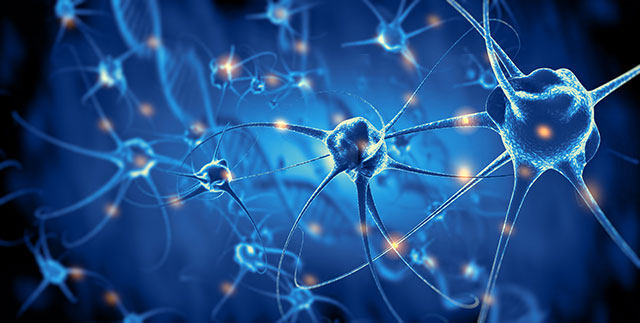Single sessions of moderately intense exercise help boost memory in older individuals, reveals study
10/20/2019 / By Grace Olson

Regular exercise has been linked to numerous health benefits, but its connection to semantic memory is largely unexplored. Researchers from the University of Maryland found that a single session of exercise has positive effects on parts of the brain associated with memory. They published their findings in the Journal of the International Neuropsychological Society.
Exercise helps improve memory
Several studies have backed the health benefits that exercise has on the brain. One study from the University of British Columbia revealed that regular aerobic exercise boosts the size of the hippocampus, the part of the brain that handles verbal memory and learning. Other studies have observed improvements in the prefrontal cortex – the part in charge of decision making and social behavior – among individuals who exercised every day.
In the current study, the researchers wanted to find out the effects of acute exercise on semantic memory. Acute exercise refers to short exercises of moderate to high intensity. Meanwhile, semantic memory refers to long-term memories associated with words, names, and information not related to personal experience.
The researchers gathered 26 participants for the study. They were all healthy older adults, whose ages ranged from 55 to 85.
The clinical trial was split into two sessions. In the first session, they cycled on a stationary bike in moderate intensity for 30 minutes. In the second session, they simply rested for the same length of time.
After exercising or waiting for 30 minutes, the participants performed the Famous and Non-Famous name discrimination task during fMRI scanning. In this task, participants identified famous names and non-famous ones. The researchers monitored brain activity the entire time, paying special attention to areas associated with memory.
Their findings revealed that participants had increased brain activity after the session of acute exercise. According to the researchers, these suggest that performing acute exercise may help activate neural networks related to semantic memory.
As people grow older, their semantic memory weakens, contributing to memory loss among individuals. This study offers a glimpse into the potential of acute exercise in improving memory retrieval among older adults and possibly delaying the effects of age on the brain. (Related: Decade long study proves that you can delay aging by making smarter food choices.)
There is also great potential in doing acute exercises every day. The researchers compared it to muscle-building.
“Just like a muscle adapts to repeated use, single sessions of exercise may flex cognitive neural networks in ways that promote adaptations over time and lend to increased network integrity and function and allow more efficient access to memories,” the researchers explained.
Other benefits of exercise on age-related conditions
Improving memory retrieval is only one of the benefits of exercise. All forms of exercise can improve bodily functions, including heart rate and pain management. Check out the list below for more of their health benefits:
- It reduces the risk of chronic disease. As a person grows older, his body deteriorates and the risk of developing diseases increases. The lack of regular exercise has been linked to poorer health in several studies. This increases the risk of chronic illnesses like Type 2 diabetes and heart disease.
- It improves skin health. Age is also reflected in the skin. Regular exercise helps produce natural antioxidants in the body. These protect skin cells from free radicals causing oxidative stress, which can damage the skin.
- Builds muscles and bones. One of the most apparent signs of aging is its effects on the muscles and bones. As a person grows older, he becomes tired more easily. This can lead to him being unable to perform rigorous physical activities. Exercising every day helps reduce muscle loss and helps maintain strength.
There are numerous ways to keep the body in prime condition along with age. Learn them at AntiAgingScience.news.
Sources include:
Submit a correction >>
Tagged Under:
acute exercise, aging, anti-aging, benefits of exercise, boost memory, brain health, cardiovascular health, cognitive function, cognitive health, exercise, fitness, longevity, memory retrieval, muscle building, Neural Networks, prevent chronic disease, prevention, regular exercise, semantic memory, skin health
This article may contain statements that reflect the opinion of the author
RECENT NEWS & ARTICLES
COPYRIGHT © 2017 WOMENS FITNESS FOCUS




















